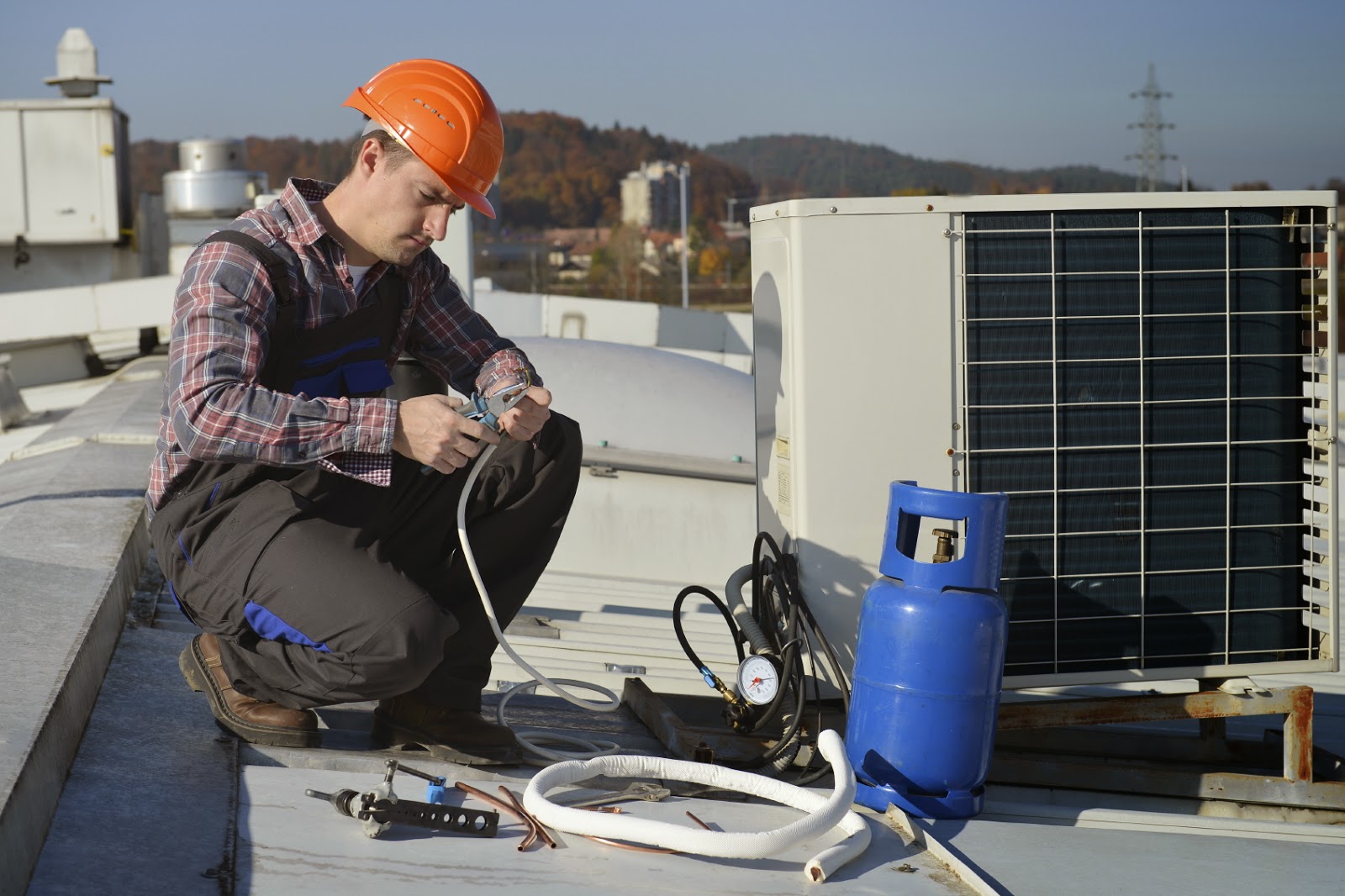Along with spring HVAC preventative maintenance and
service, there are a few other ways to cut your power bill and save some
energy. As the days begin to warm up, you can remain cool, calm, and collected
knowing that rising temperatures will not be affecting your budget. Listed
below are ten ways to help you conserve energy.
Ten Energy Conservation Tips
- Unplug unused power cords. Did you know that leaving your laptop cord or even your cell phone charger in the socket wastes a sufficient amount of energy? Even though your electronic device may not be receiving a charge, that doesn't necessarily mean that the cord is not exerting a charge. Let your charger rest, unplug it when it is not being used.
- Adjust your Refrigerator and Freezer Settings. Does the food in the back of your fridge sometimes become too cold or too frozen over time? You may have your refrigerator set to a lower setting. Turning up the heat a notch or two will still preserve your food but will spare your wallet.
- Unblock ventilation. Have you taken a look around at your vents recently? Are they blocked by the hamper? By the couch? This obstruction prevents air flow and circulation. Moving objects and items helps maintain a comfortable temperature level in your home.
- Cool the water heater. If you’re not particularly a fan of your faucet’s hottest water setting, there is a solution. According to the U.S. Department of Energy, you can save an average of $2 a month by reducing your hot water heater’s temperature from 140 degrees to 120 degrees.
- Turn off the lights. Perhaps the most common way of saving energy calls for less lighting. The usual advice is to turn off all the lights when you leave the house. But are you really using your bathroom light while you are in the living room? Turning off the lights in rooms of the house you aren’t currently using also helps to conserve energy.
- Choose products that save. When you buy new light bulbs or a new shower head, you have the option of purchasing an energy saving product. Although these products may be the least cost effective in the moment, they provide long term savings.
- Check your insulation. If your ducts, windows, and doors are not properly insulated, you could be constantly losing heat. Be sure to check that everything is sealed off and reduce your air leakage.
- Use your dishwasher. Surprisingly, your dishwasher uses less energy than hand washing. So give yourself and your house a break, run the dishwasher.
- Do not over dry your clothes. Many dryers have an auto sensor function. Line dryer your clothes when possible or set your dryer to this function to prevent clothing over drying and potential shrinkage.
- Eliminate costs during peak seasons. The myth is true; power companies will charge you more money during peak seasons and peak hours. Requesting an energy saving pamphlet from your power company will help you reduce your costs. These pamphlets are often provided free of charge. They list even more ways to save energy.








